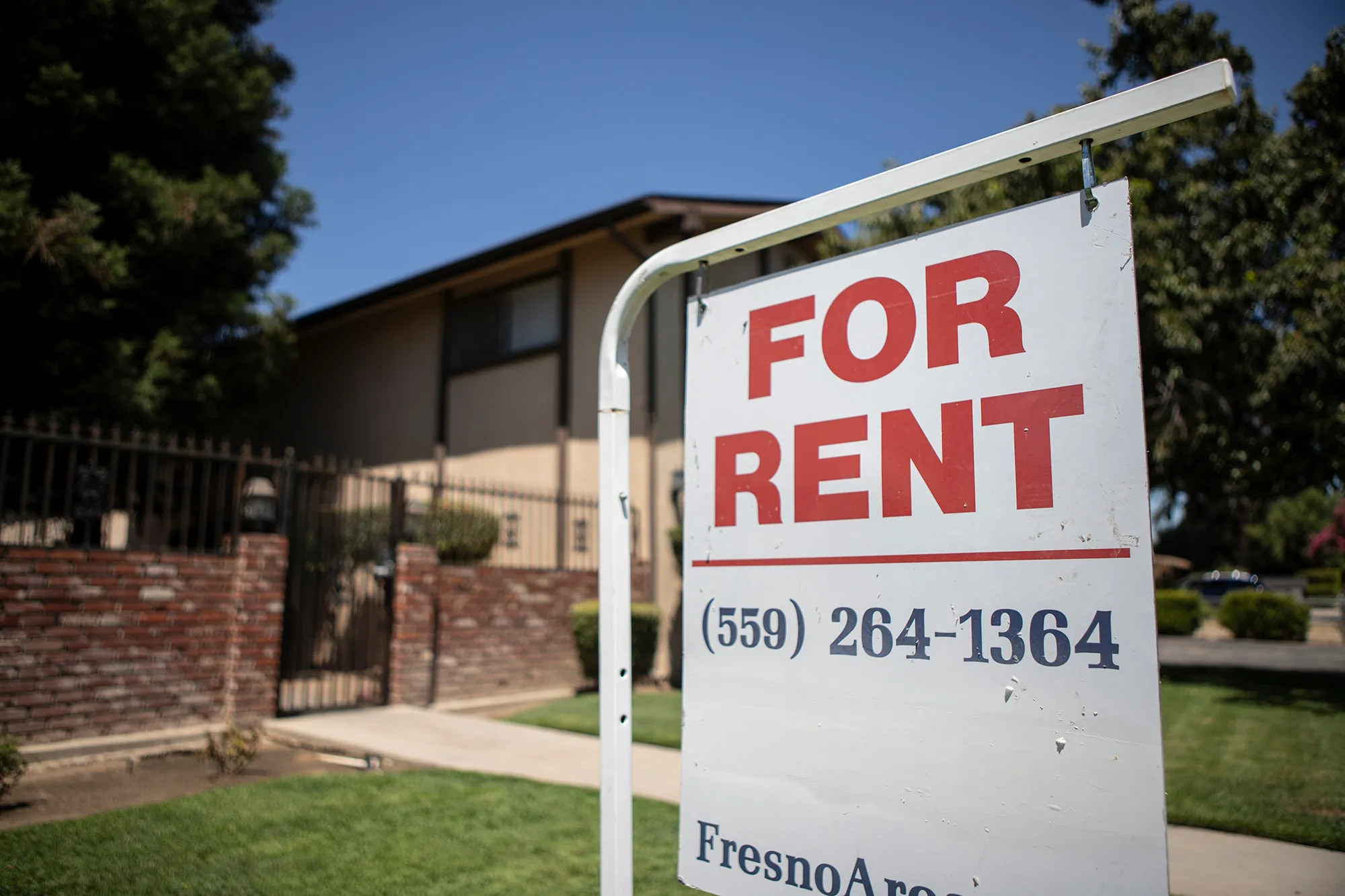Navigating rental agreements and rent increases in Minnesota can be tricky for tenants. As a renter in the state, knowing your rights and the landlord’s responsibilities regarding rent increases is crucial. While Minnesota state law gives landlords significant leeway in increasing rent, it’s important to understand any limitations, notice requirements, and potential protections you have, especially if you reside in cities with rent control or stabilization ordinances.
Minnesota State Law: No Rent Increase Limits
- Minnesota has no statewide cap on rent increases. This means landlords can technically raise rent by any amount unless restricted by local rent control ordinances or specific clauses in your lease.
- Landlords generally have the right to raise rent as they deem necessary to reflect market conditions or cover increased operational costs.
Rent Increases in Cities with Rent Control
St. Paul’s Rent Stabilization Ordinance
- In 2021, St. Paul voters approved a rent stabilization ordinance limiting rent increases to a maximum of 3% within a 12-month period.
- The ordinance applies to most rental units within the city limits of St. Paul.
- Landlords can seek exceptions if a 3% increase does not provide a “reasonable return on investment.”
Important Note: Other cities in Minnesota may consider adopting rent control measures in the future. Stay updated on your local ordinances.
Proper Notice Requirements for Rent Increases
Even with no statewide rent increase limits, Minnesota landlords must follow specific notice requirements:
Lease Agreements
- For fixed-term leases (e.g., one-year leases), the rent cannot generally be increased unless the lease agreement explicitly states the ability to do so and outlines how increases are determined.
- If the lease doesn’t mention rent increases, the rent stays the same until the lease term ends.
Month-to-Month Tenancies
- Landlords must provide at least one full rental period plus one day’s notice in writing. (For example, if your rent payment is due on the first of the month, your landlord will need to provide this notice to you on or before the last day of the previous month.)
Unlawful Reasons for Rent Increases
Minnesota landlords cannot raise your rent for the following reasons:
- Discrimination: Your landlord cannot increase rent based on protected characteristics like race, religion, nationality, sex, disability, or familial status.
- Retaliation: It’s illegal for a landlord to raise rent in retaliation for actions like reporting unsafe housing conditions, joining a tenants’ union, or exercising other legal rights.
Special Considerations for Mobile Home Residents
- Landlords of mobile home park lots have some additional restrictions compared to traditional apartments.
- Rent for mobile home lots can only be increased twice per calendar year.
- Landlords must follow specific notice requirements as outlined in Minnesota Statutes Chapter 327C.
New 2024 Laws Affecting Minnesota Tenants
- Minnesota passed new legislation in 2023 taking effect in 2024 with important implications for tenants:
- Landlords must disclose all fees, including administrative, cleaning, or move-in fees, as a part of the ‘total monthly rent’ advertised and clearly mentioned on the first page of lease agreements.
- Landlords must maintain a minimum temperature of 68 degrees Fahrenheit in rental units between October 1st and April 30th.
Where to Find Help and Resources
- HOME Line: HOME Line is a Minnesota non-profit providing free legal and organizing services for tenants. They have extensive information about renter rights and can help you understand your options (https://homelinemn.org/)
- Minnesota Attorney General’s Office: The Attorney General’s Office provides resources for tenants, including a Landlord and Tenant Handbook outlining renter rights in Minnesota (https://www.ag.state.mn.us/Consumer/Handbooks/LT/default.asp).
- LawHelpMN.org: This website offers legal information, resources for finding legal aid services if necessary, and information about renters’ rights in Minnesota (https://www.lawhelpmn.org/).
- Local Tenant Advocacy Organizations: Several local organizations may provide tenant resources, support, and advocacy within your specific city or county. Search for them online.
Tips for Tenants Facing Rent Increases
- Understand Your Rights: Take the time to familiarize yourself with Minnesota’s tenant-landlord laws, any local ordinances in your city, and your lease agreement thoroughly.
- Review Your Lease Carefully: Check if your lease contains clauses about rent increases. If there’s a provision allowing increases, understand how they may be calculated.
- Document Everything: Keep meticulous records of all communications with your landlord, including notices of rent increases and any concerns you raise about your rental unit.
- Negotiate (If Possible): Depending on your situation and market conditions, you might attempt to negotiate a smaller rent increase with your landlord. However, remember that they are not legally obligated to do so.
- Consider Your Options: If the rent increase is unaffordable, you may need to consider your options for finding more affordable housing. Carefully weigh the financial implications before breaking a lease, particularly if it involves penalties.
Expert Insight: The Importance of Staying Informed
[Insert a quote from a housing law attorney or a tenant advocate in Minnesota. This could be a 1-2 paragraph statement highlighting the complexities of navigating rent increases and emphasizing the importance of tenants being aware of their rights.]
Conclusion
Minnesota rent increase laws aim to strike a balance between landlord rights and tenant protections. While rent increases can be a significant financial burden for tenants, understanding the legal framework, your rights, and the available resources will help you make informed decisions. Remember that laws and local ordinances can change, so stay up-to-date on any new regulations that may impact you as a renter in Minnesota.
Sources
- Minnesota Statutes Chapter 504B (Landlords and Tenants): https://www.revisor.mn.gov/statutes/cite/504B
- St. Paul’s Rent Stabilization Ordinance Information: [invalid URL removed]
- HOME Line – Tenant Resources: https://homelinemn.org/
- Minnesota Attorney General’s Office – Landlord and Tenant Handbook: https://www.ag.state.mn.us/Consumer/Handbooks/LT/default.asp
- LawHelpMN.org: https://www.lawhelpmn.org/
Disclaimer: This article is for informational purposes and not intended as legal advice. Consult a qualified attorney for guidance regarding your specific situation.



